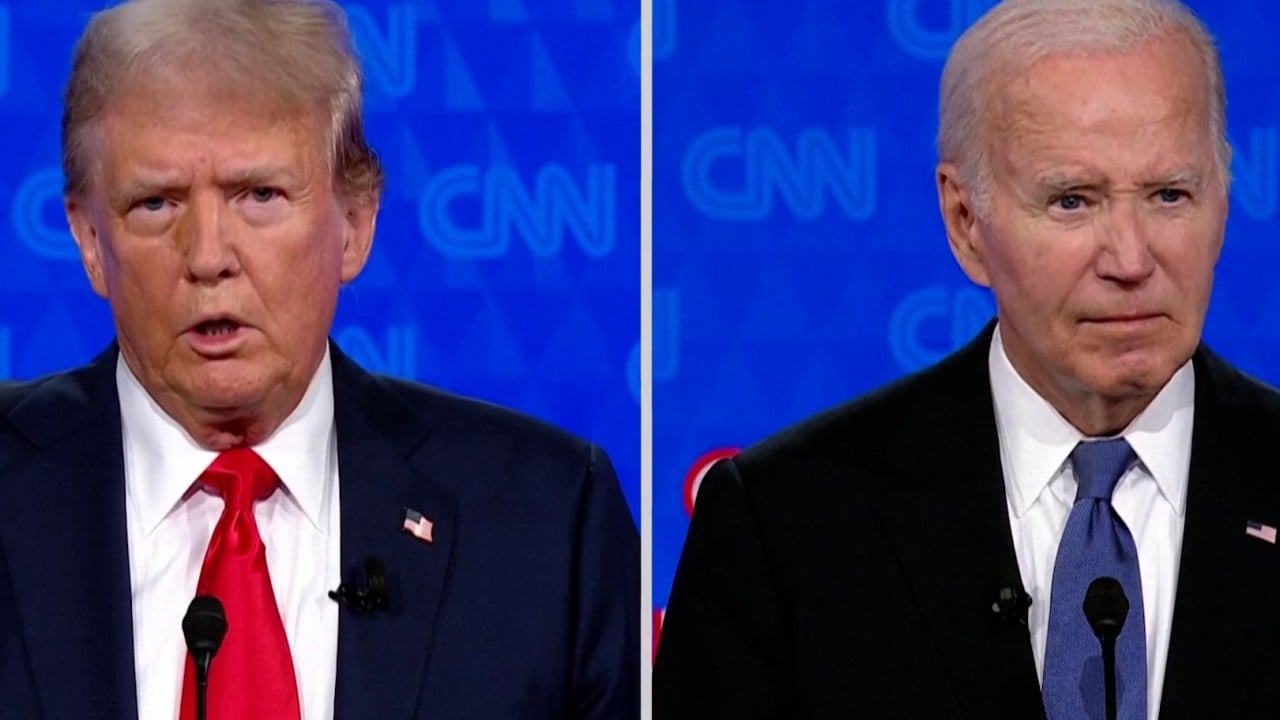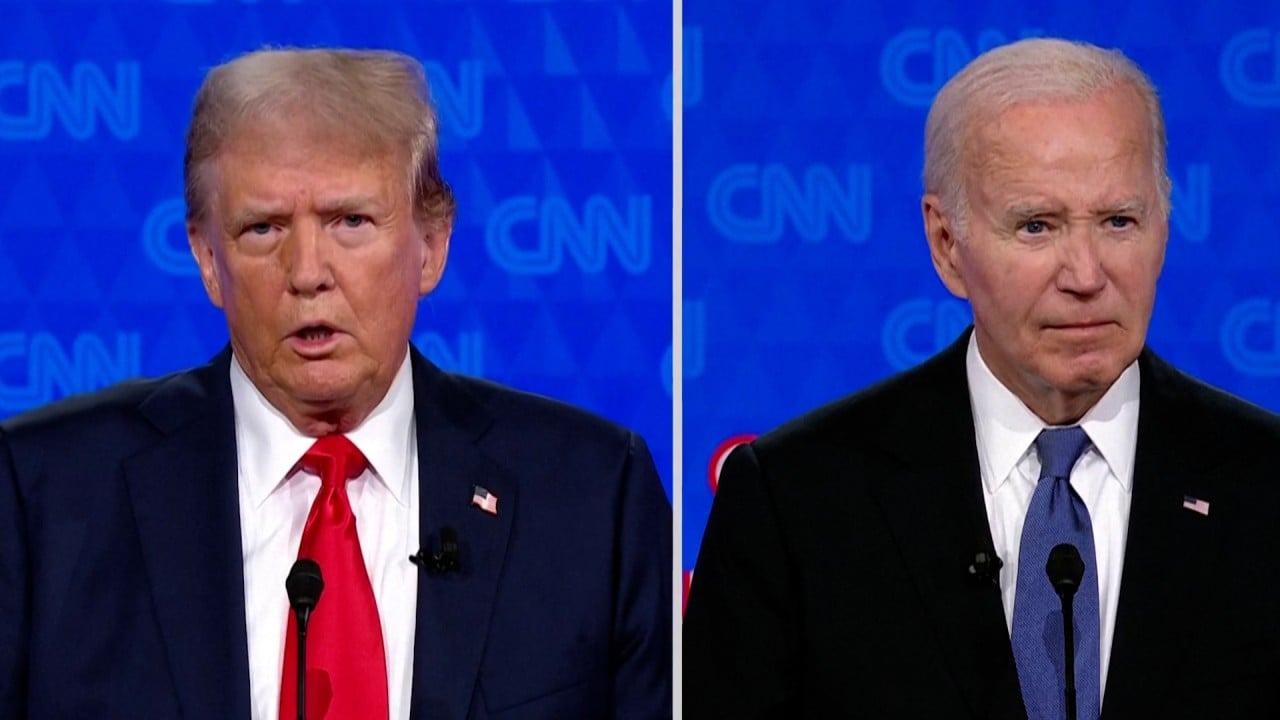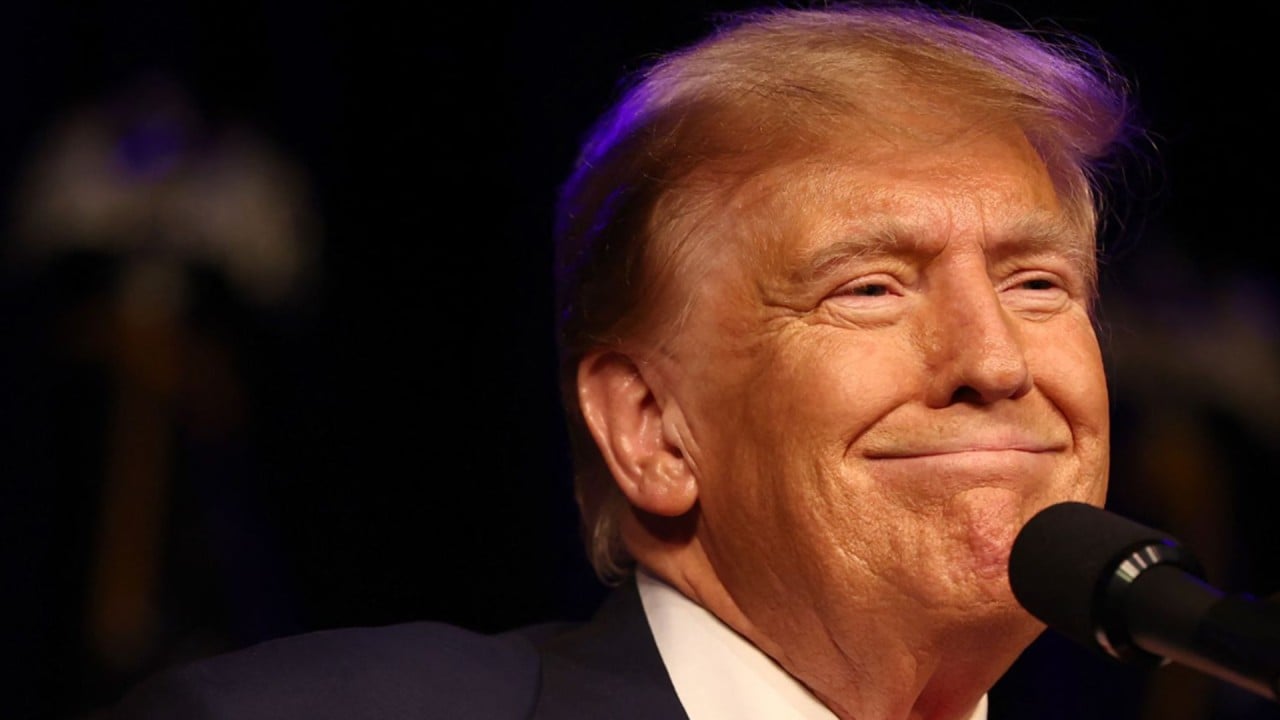As I watched last Thursday’s US presidential debate – the con man and former US president Donald Trump versus the old man and sitting US President Joe Biden – it was impossible not to think of the famous observation that democracy is the worst form of government, except for all the others.
It was alarming not just for American voters but for anyone worldwide who cares about the integrity of the political systems we live in. Americans are proud of their democracy, but what we are watching is the world’s single most important democracy falling under the mesmeric spell of a new American Caesar, with as-yet-unknown implications for both the United States and the global economy.
Adding to this profound alarm, we have this week two suddenly called democratic contests in the UK and France which raise further questions about the capacity of democratic systems to deliver competent governance when times are tough or when difficult decisions have to be made. Angry and frustrated voters can protest by unseating current political leaders, but they do so without any confidence that any new government will do better.
Democratic elections deliver choice but provide no assurance of competence. Augmented by social media, they could appear to rely disproportionately on performance theatre rather than steady competence.
US Vice-President Kamala Harris was right to express frustration that Biden was being judged on 90 minutes of theatre rather than on three years of strong performance, but she was speaking to the void. As a Financial Times editorial noted: “Debates can swing elections, and this one – like Richard Nixon’s sweaty outing against John F Kennedy in 1960 – may go down as the moment hope was lost.”
The normally moderate Martin Wolf observed in the Financial Times: “Biden may be old. But Trump is crazy and, alas, he is not amusingly crazy; he is dangerously crazy.” He sees a capricious man without any clear moral compass who seeks loyalty to himself first and foremost rather than to the country.
Trump has set about dismantling the checks and balances that distinguish the US Constitution – in particular the independence of, and respect for, an independent judiciary. He also threatens to wreak vengeance on those who have challenged him since his electoral defeat in 2020.
Wolf also sees a menu of Trumpian policies, many of them laid out in the Heritage Foundation’s Project 2025, which might sit well with his billionaire backers. According to Moody’s Analytics, however, they would trigger a recession in the US during 2025.
Among Trump’s pie-in-the-sky economic plans are using higher tariffs – and not just against China – to replace income taxes. Last week, economists at the Washington-based Peterson Institute laid bare the naivety of such ideas: “Tariffs are levied on imported goods, which totalled US$3.1 trillion in 2023. The income tax is levied on incomes which exceed US$20 trillion … It is literally impossible for tariffs to fully replace income taxes.”
The Peterson Institute’s warning was clear: “If pursued, this policy would antagonise US allies and partners, provoking worldwide trade wars, damaging global economic welfare and undermining national security. It would also likely destabilise the global financial system.”
Those anxious to see the foundational merits of the democratic political process on display in the presidential debate instead heard lies go unchecked and a mumbling attack on political transgressions that carry all the hallmarks of a fully fledged autocrat. I am reminded of Bill Clinton’s shrewd 2002 comment that “When people are insecure, they’d rather have somebody who is strong and wrong than someone who’s weak and right.”
Democracies take many forms, and some aspects of US democracy are already awkwardly undemocratic. US campaign funding rules already have a perverse impact on democratic principles.
When billionaires such as Timothy Mellon choose to donate US$50 million to Donald Trump’s election campaign, they do so fully confident that they are buying US$50 million worth of leverage and access. They are investing in insurance against policies that would reduce inequality and provide benefits to families stuck in the bottom half of the US income distribution.
Even the four-year US electoral cycle has consequences that are democratically unhelpful. Politicians have a structural bias towards quick fixes or fast deliverables – tax cuts and subsidies, for example, are very quickly visible – and strong disincentives to give any priority to long-term challenges such as infrastructure, climate change or pandemic preparedness.
Another perverse idiosyncrasy of US democracy is its Electoral College system and voting boundaries that give disproportionate power to particular constituencies. It is a brave politician who dares to pursue policies that jeopardise voting support from battleground states such as Michigan, Wisconsin, Pennsylvania, Arizona, Georgia and Nevada, even if such policies are in the clear interest of the country as a whole.
It is possible that Democrats could pull off a victory in November. It is possible that Trump could win but not live up to his capricious track record. But at this particular moment just four days after the debate, I am swinging between depression and alarm. I am not impressed by the merits of democracy. Autocracies can be bad, but so can democracies. Often it is not the political architecture that determines good governance but the integrity of the people who populate it.
David Dodwell is CEO of the trade policy and international relations consultancy Strategic Access, focused on developments and challenges facing the Asia-Pacific





